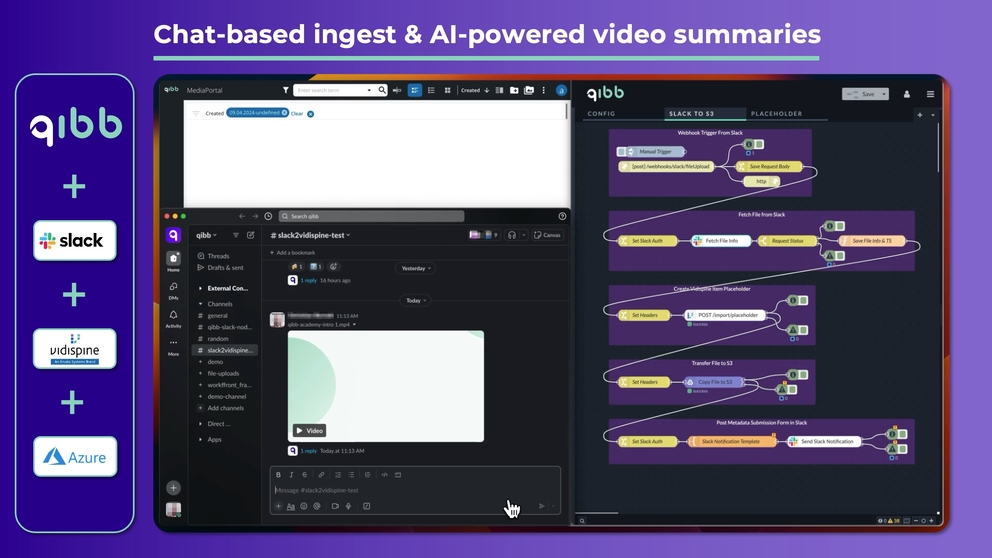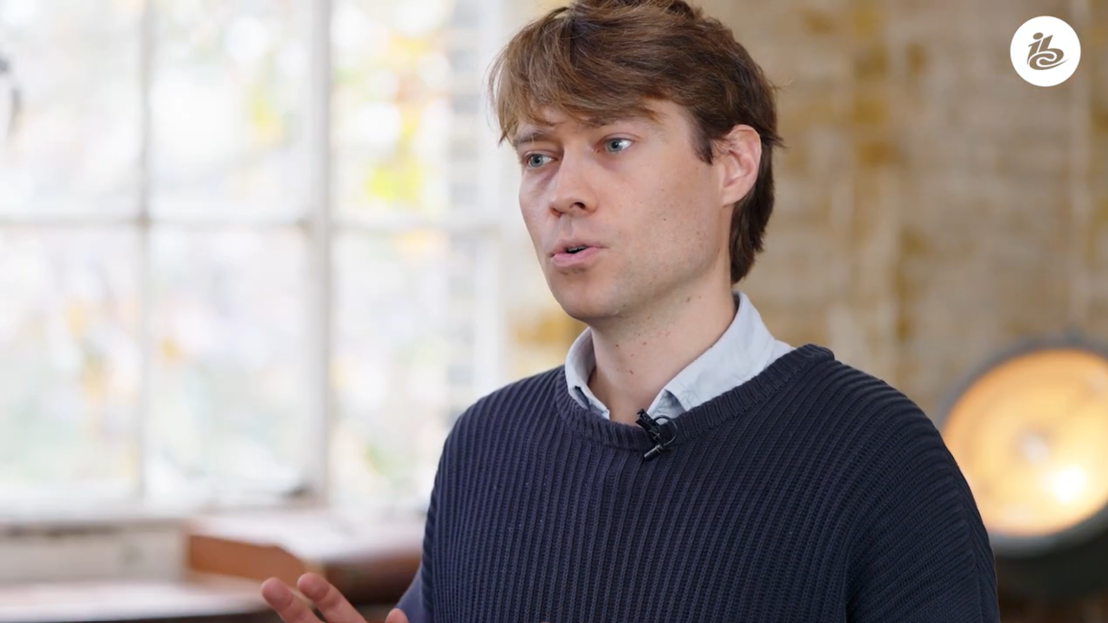A leading sports league looked to qibb and Vidispine to streamline content workflows, managing hundreds of games per season. The subsequent automation of content ingestion and press conference summarisation helped significantly improve efficiency. Jonas Michaelis, CEO at qibb, provides greater insight on the project.
Managing media workflows for a leading sports league, with hundreds of games per season, is a formidable task. Each game generates a massive amount of media content that needs to be efficiently ingested, managed, and distributed. This content is not only generated through the main production on the field, but also by a large number of staff around the match capturing pictures, social media content, press conferences, and more. Some of the challenges presented by the project included:
Inefficient processes: The manual handling of content collection, ingestion, and summarisation was cumbersome and prone to errors. This inefficiency resulted in delays and sometimes even prevented content from being uploaded to the system...
You are not signed in.
Only registered users can view this article.
 (1).jpg)
Broadcasting in 2024: Spotlight falls on production and platforms
Over the past decade, media companies had a strong focus on the way programmes were viewed – we’ve seen HD, 3D, 4k, 8k, HDR, VR, and AR presented as the next big thing. In 2024, things shifted. John-Maxwell Hobbs digs into production and delivery practices, cloud, AI and sustainability trends of the past 12 months.
.jpg)
Highlight of the year: Olympic Gold for 5G as adoption gathers pace
The Paris 2024 Olympics marked a significant milestone in the effectiveness of 5G technologies for live broadcast, with Neutral Wireless and the BBC leading the charge.

Content Everywhere: a look back at 2024
As the year draws to a close, it seems an opportune time to ask Content Everywhere companies for their views on the top trends in 2024. As always, key industry players have been keen to respond with comments and views on how the past year shaped up both for them and the wider industry.

AI and the evolution of MAM: Part three – future outlook
In the final part of our investigation into MAM’s current and future relationship with AI, James McKeown analyses where the technology is likely to take asset management capabilities next, and the other factors driving the evolution of the space.

RSIFF: Kingdom underlines ambitions to become filmmaking powerhouse
Saudi Arabia's cinema market is experiencing a cultural renaissance, driven by increasing local productions and a growing appetite for diverse storytelling, reports Adrian Pennington from the Red Sea International Film Festival.




